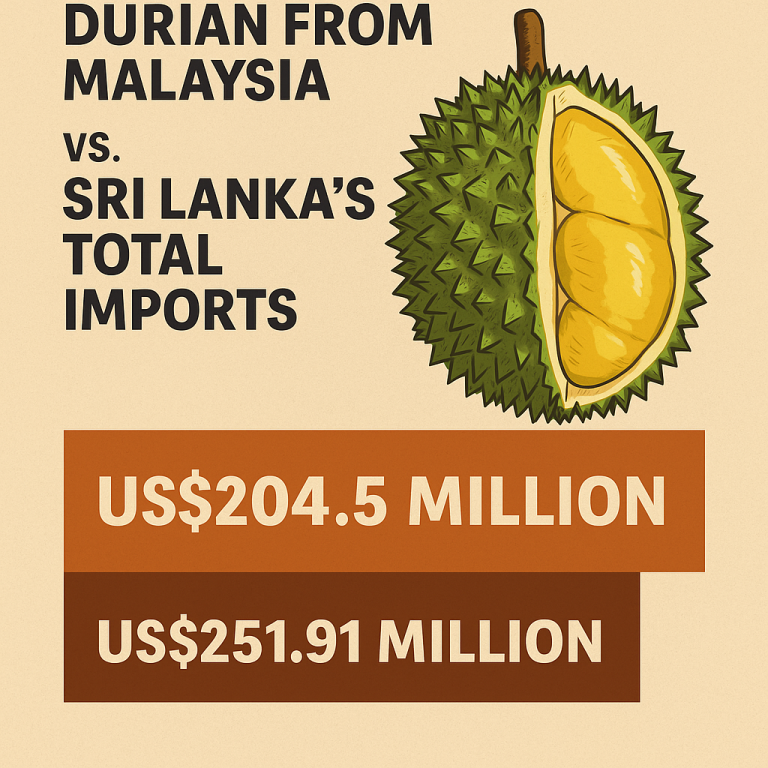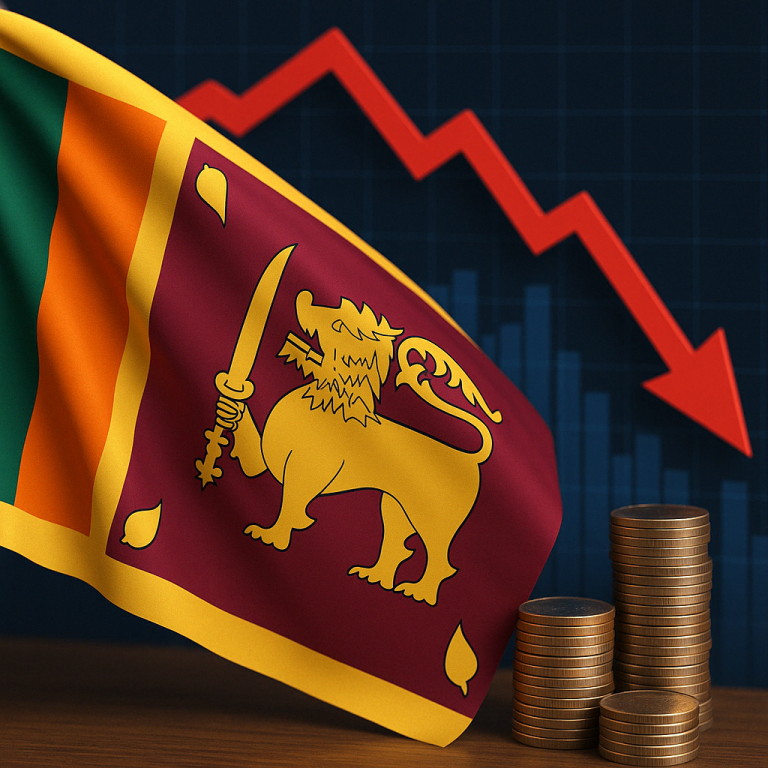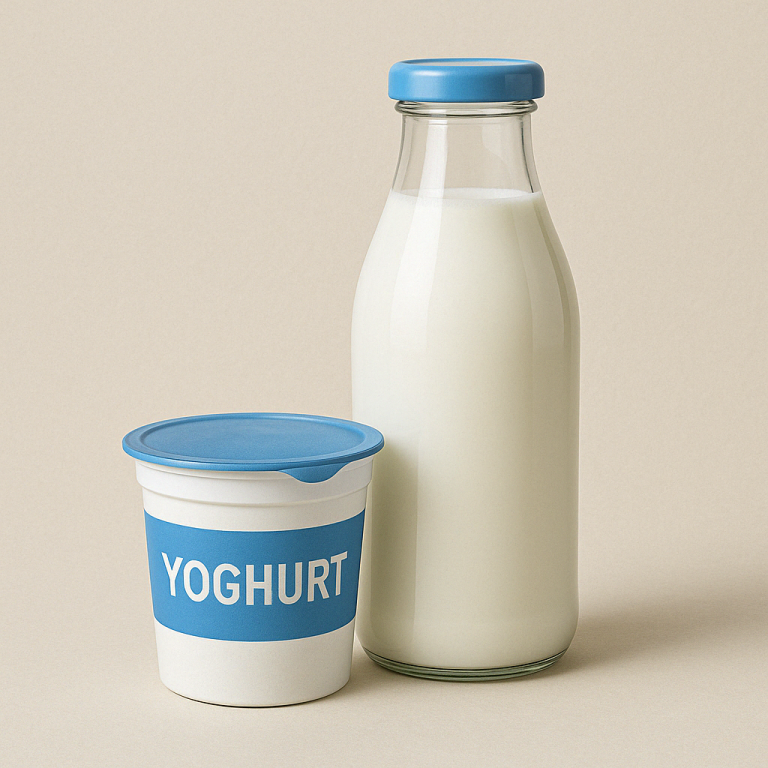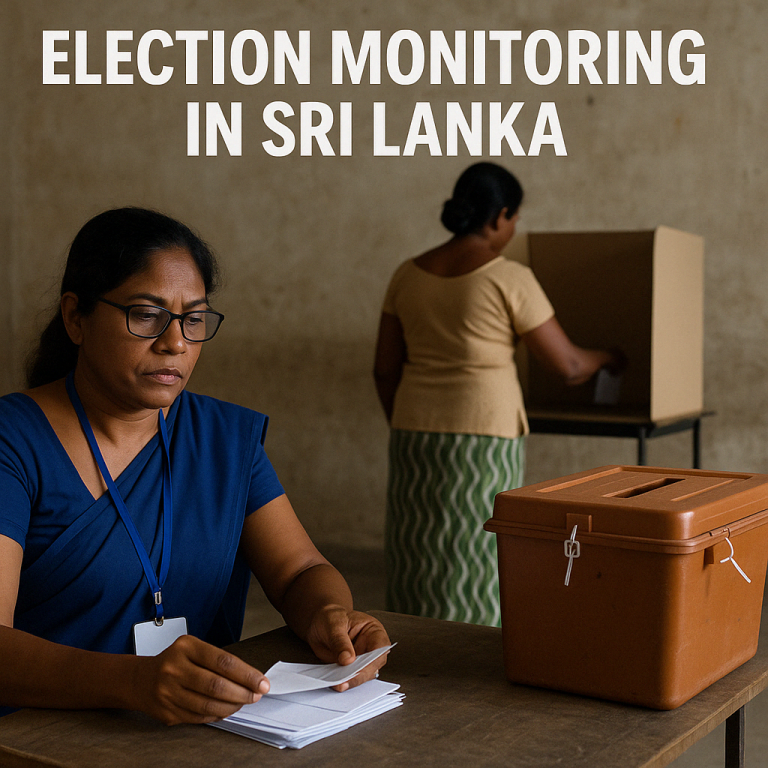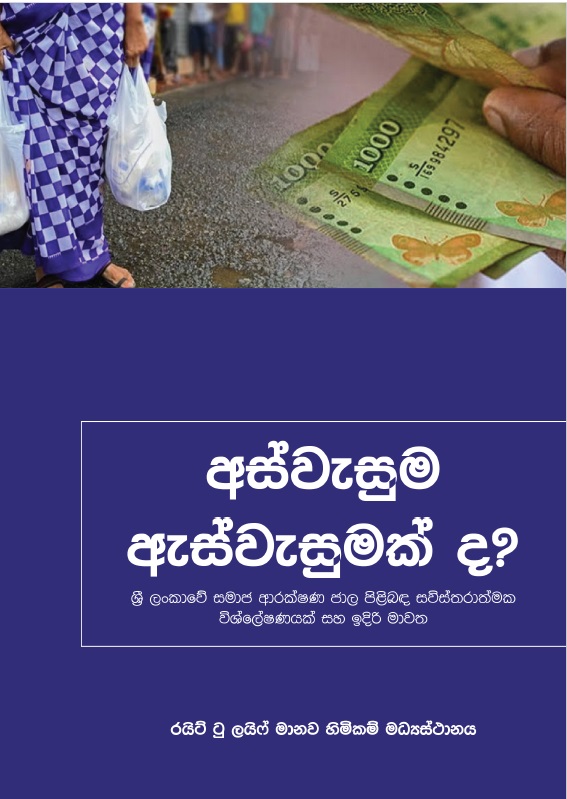While Sri Lanka’s macro-economic situation has improved, the impacts of the economic crisis together with associated austerity measures are affecting the poorest and already marginalized groups the most, said Volker Türk, the current High Commissioner for Human Rights.
In his opening comments at the 56th session of the Human Rights Council, the UN Human Rights Chief said that between 2021 and 2023, the poverty rate doubled from 13.1 to 25.9 per cent and is expected to remain at such levels over the next few years.
He noted that globally, inequality has seen the largest increase in three decades, as poorer countries took a bigger economic hit from the COVID-19 pandemic compared to richer countries.
According to Oxfam, the wealth of the world’s five richest billionaires has more than doubled since the start of this decade, while 60 per cent of humanity has grown poorer, he said.
“4.8 billion people are poorer than they were in 2019. And the wealth gap between men and women globally? 100 trillion USD,” he added.
We are a far cry from the 2030 Agenda’s promise to reach those furthest behind first, said said Volker Türk, the current High Commissioner for Human Rights.
Almost half of humanity – some 3.3 billion people – live in countries where governments spend more on servicing their debts than investing in health and education systems for their people, added the UN Human Rights Chief.


